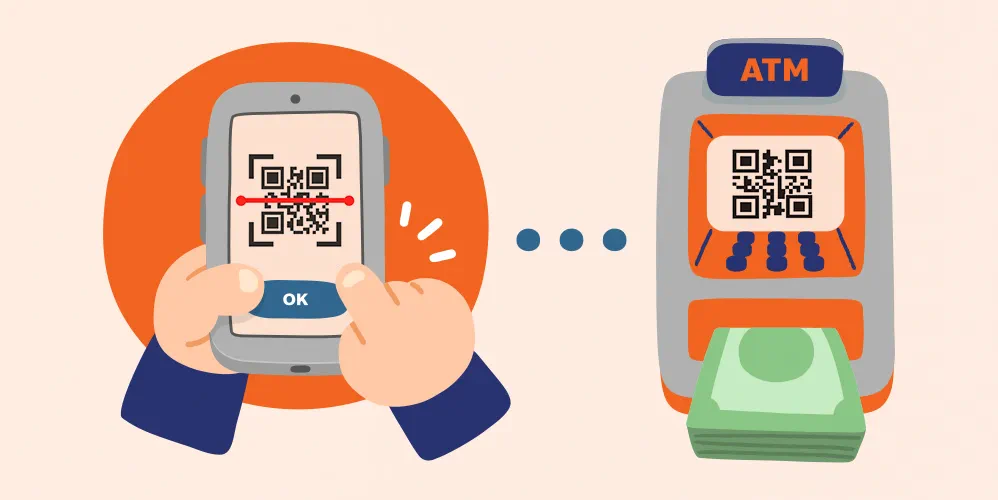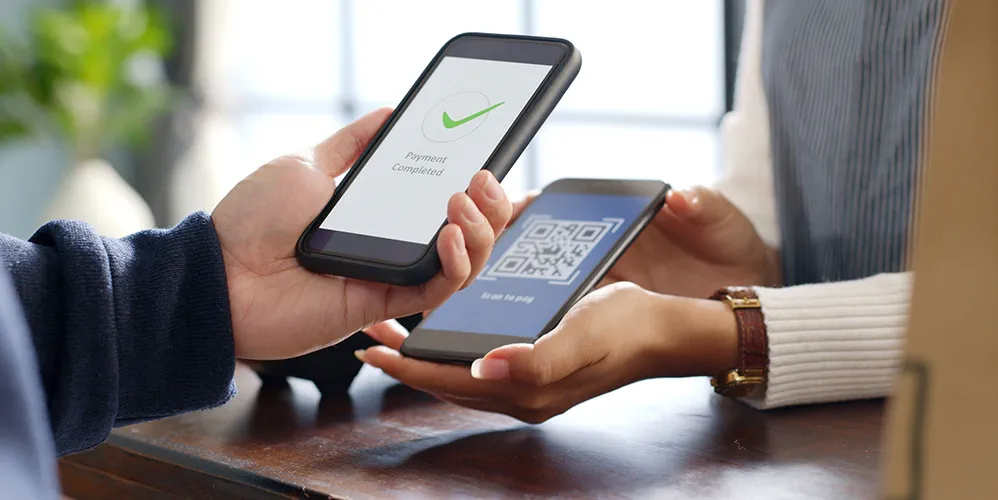
5 Key Changes in PPF Account Rules That You Must Know
22 Jul 2022

Table of Content
Saving for retirement is incredibly important. The Government of India offers several schemes geared toward the same. Most of these schemes also come with tax deduction benefits. One such popular scheme that allows you to create a lumpsum retirement corpus is the Public Provident Fund or PPF. The GOI has introduced some changes to this incredibly popular scheme in recent years. Let us understand what PPF is along with the new PPF rules.
What is PPF Account?
The Public Provident Fund account is a type of long-term savings-cum-investment account that offers tax deduction under Section 80C of the Income Tax Act of 1961. You can deposit up to Rs 150,000 per annum in your PPF account and earn interest on your deposits. The deposited funds, interest earned, and the maturity amount are entirely tax-free. The minimum investment tenure for PPF is 15 years, and you can extend your account in blocks of 5 years.
PPF – Latest Rules
The GOI made some tweaks to the existing PPF Account rules in 2019. Below are the five new PPF rules.
1. PPF Account Extension
You need to submit Form 4 to extend your PPF scheme account after it matures. You must do so within one year of the maturity date of your original PPF account or the extended PPF account. You no longer need to submit Form H. Moreover, you can retain your PPF account after it matures without depositing more funds and continue to earn interest on your account balance per the applicable PPF interest rate.
2. PPF Account Deposits
Earlier, you could deposit funds in your PPF account only twelve times during a financial year. However, per the new PPF rules, there is no restriction on the number of deposits. You can deposit funds in multiples of Rs 50, but, per usual, your maximum annual deposits cannot exceed Rs 150,000. Also, you must still deposit a minimum of Rs 500 per annum in the PPF account.
3. Premature Account Closure
Earlier, you could close your PPF account prematurely only under certain specific circumstances. For instance, you could close the account prematurely if you needed money for higher education or medical treatment after five years from the account opening date. But per the latest PPF account rules, you can also close your account if your residency status changes from Resident to Non-Resident Indian. You must provide a copy of your passport, visa, or latest income tax returns if you wish to close your account prematurely.
4. Interest Payment on Loans Against PPF
The GOI has reduced the loan interest spread over interest payment on PPF account deposits. Earlier, account holders who obtained loans against their PPF deposits had to pay a 2% interest rate per annum above the prevailing PPF interest rate. However, per the new PPF rules, the government has reduced the interest spread from 2% to 1%, thus reducing the cost of loans against PPF deposits.
5. Loan Repayment Terms
While the government has reduced the cost of loans, new PPF rules dictate that you must repay your loan against PPF deposits within 36 months. If you fail to repay the loan, partially or entirely, you will have to pay the penal interest charged at 6% per annum.
How to Open PPF Account with Bank of Baroda?
You can now open your PPF account with Bank of Baroda online, from the comfort of your home, or by visiting your nearest Bank of Baroda branch. You must submit copies of your KYC documents and deposit at least Rs.500 to open your account. Visit the bank of Baroda website to know more about the PPF account benefits.
Popular Articles
Guide to Getting Agriculture Loan: Application, Eligibility & Required Documents
Tag Clouds
Related Articles


Increased Interest Rates for Senior Citizen Savings Schemes, KVP, NSC & Post Office Time Deposits








-
Disclaimer
The contents of this article/infographic/picture/video are meant solely for information purposes and do not necessarily reflect the views of Bank of Baroda. The contents are generic in nature and for informational purposes only. It is not a substitute for specific advice in your own circumstances. Bank of Baroda and/ or its Affiliates and its subsidiaries make no representation as to the accuracy; completeness or reliability of any information contained herein or otherwise provided and hereby disclaim any liability with regard to the same. The information is subject to updation, completion, revision, verification and amendment and the same may change materially. The information is not intended for distribution or use by any person in any jurisdiction where such distribution or use would be contrary to law or regulation or would subject Bank of Baroda or its affiliates to any licensing or registration requirements. Bank of Baroda shall not be responsible for any direct/indirect loss or liability incurred by the reader for taking any financial decisions based on the contents and information mentioned. Please consult your financial advisor before making any financial decision.
Tokenisation: Will It Make Your Online Card Transactions Secure?
Thanks to digitalisation, the number of online transactions is higher than ever. You can use a host of payment methods to make online payments - credit card and debit card payments being one of them. The cards allow you to make quick payments at stores as well as online. At the time of online checkout, all you need to do is enter your debit or credit card details and verify the transaction through OTPs. Some mobile shopping apps also let you save your card details. However, this will not be possible after 30th September 2022. The Reserve Bank of India (RBI) has rolled out multiple notices about tokenisation. It is a security measure aimed toward maximising prevention against online payment fraud. Read on to know more about tokenisation of card transactions and find out whether it can make your online card transactions safer.

